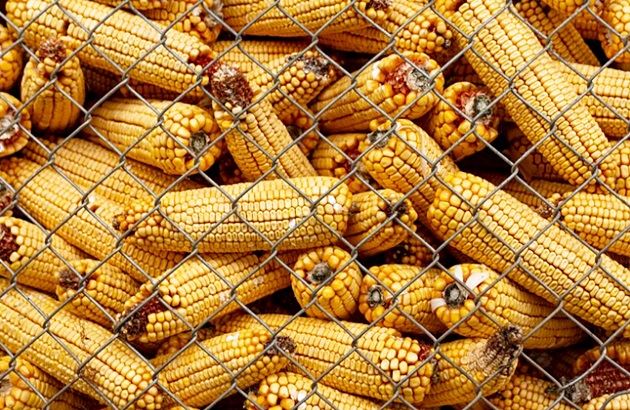813

According to ESMagazine, the European Union has reached a provisional agreement to grant Ukrainian food producers tariff-free access to its markets until June 2025, albeit with new limits on cereal imports.
Emergency Brake List
The European Commission proposed in January to suspend duties and quotas on agricultural products from Ukraine for another year, with an "emergency brake" for poultry, eggs, and sugar that would lead to tariffs if imports exceed the average levels from 2022 and 2023.
However, after months of farmer protests against EU environmental standards and cheap imports, EU lawmakers pushed to expand the emergency brake list to other agricultural products and to add 2021 as a reference year.
This was before Russia's invasion, when Ukrainian exports to the EU were curbed by tariffs and quotas.
Negotiators from the European Parliament and the Belgian presidency of the EU agreed in the early hours of Wednesday to add oats, corn, cereals, and honey to the list while maintaining the import average limit from 2022 and 2023.
Negotiators ensured that the Commission would act within 14 days, instead of the initially proposed 21 days, if trigger levels were reached.
They also added the Commission's commitment to monitor Ukrainian wheat and other cereal imports and take action if they disrupt EU markets.
Neighboring Countries
The EU's neighbors to Ukraine - Bulgaria, Hungary, Poland, Romania, and Slovakia - have complained that agricultural imports have upset their producers, leading to farmer protests and import bans. Shipments to these countries increased after Russia's invasion of Ukraine disrupted exports along the traditional Black Sea route.
Kyiv has stated that its agricultural exports do not harm EU markets, especially now that approximately 95% of Ukraine's agricultural exports pass through the Black Sea.
It also said that the EU's emergency brake based on the import averages from 2022 and 2023 was acceptable but that adding the year 2021 would have been impossible.
Wednesday's provisional agreement must now be approved by the European Parliament and EU governments, most likely in April. (Photo: Freepik)




